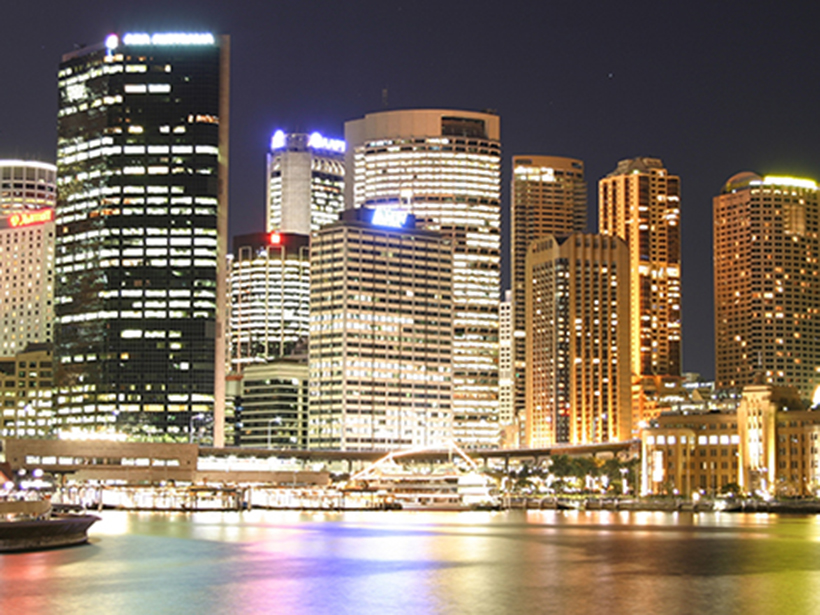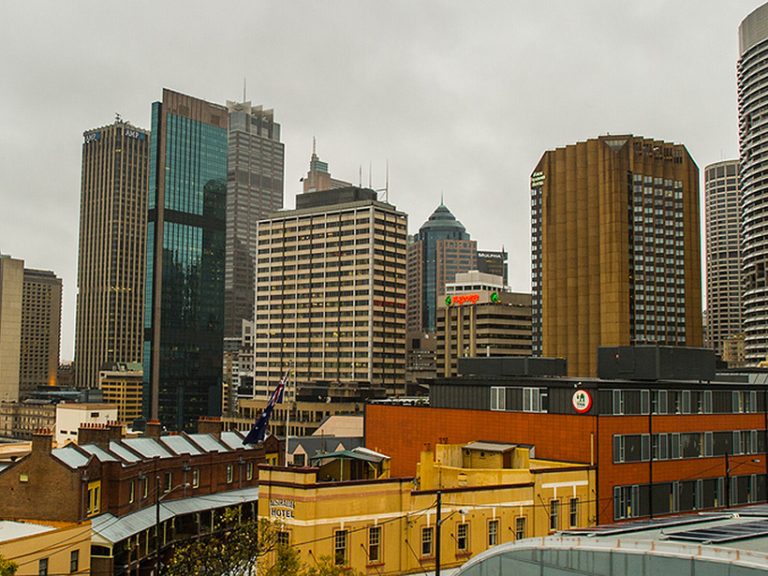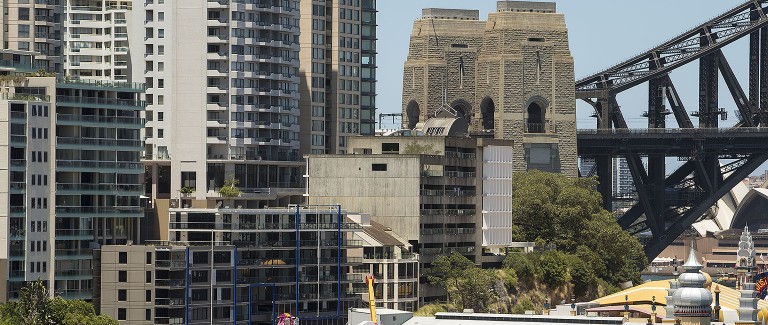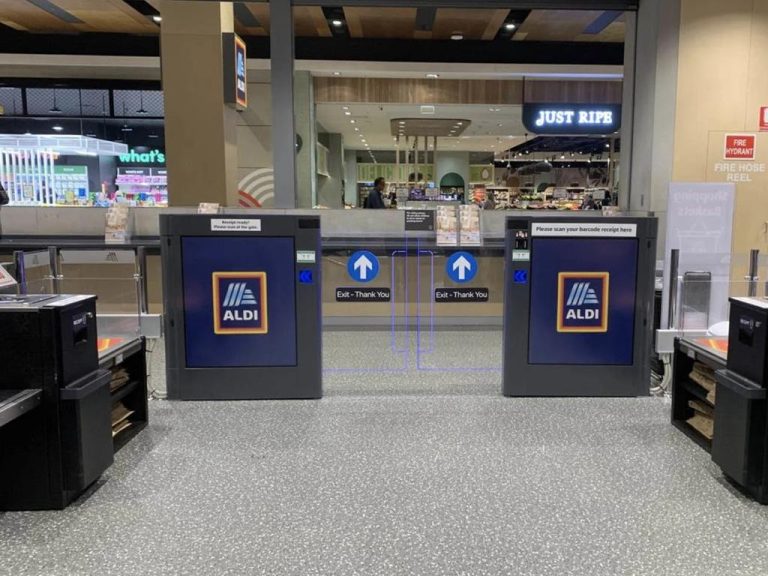Sydney leads world for office yields

Sydney has the most attractive office yields of any of the world’s top 11 gateway cities, according to new research.
Office yields globally have been slashed over the last two years as investors tip their money into the traditionally safe and stable office market, research from Savills shows, with yields falling an average of 95 basis points since December 2014.
But while Sydney has experienced one of the largest drops in office yields over that span, from 6.62% to 5.37%, it’s yields still offer far more appeal than all 10 of the world’s other major hubs.
Commercial Insights: Subscribe to receive the latest news and updates
Los Angeles West offers the next best yields, averaging 5.03%, while San Francisco recorded 4.64% – a dramatic drop from 6.97% two years ago – Shanghai 4.42% and New York 4.09%.
Singapore’s office yields fell just below 4%, London was at 3.88%, Munich 3.4%, Tokyo 3.2%, Paris 3.18% and Hong Kong had the tightest yields of any market, at just 2.53%.
Savills’ national head of research Tony Crabb says the yields on offer locally were a major lure for foreign investors in 2016, with overseas buyers accounting for around 40% of the $27 billion in commercial property sold across Australia.
Crabb says he expects yields to fall further as more buyers angle for some of the action.
“In some markets, particularly Sydney and Melbourne, market fundamentals are improving rapidly,” he says.

Sydney’s office yields are among the most competitive in the world.
“We believe this improvement will lead to further tightening in yields as investment capital starts to price in expectations of future NOI growth. This part of the yield cycle is just beginning,’’ he said.
Of the other 43 cities surveyed around the world, Vietnamese cities offered the largest yields, with Hanoi currently offering average prime yields of 8.75% and Ho Chi Minh City close behind at 8.5%.
But Crabb says investment growth in the world’s leading gateway cities will likely be limited by stock shortages in the coming months and years.
In some markets, particularly Sydney and Melbourne, market fundamentals are improving rapidly
“That shortage of stock is being exacerbated by the strength of leasing markets, especially in gateway cities, which is driving tighter vacancy and rental growth, and landlords are happily holding on for the ride,’’ he says.
“Much of what happens in 2017 and beyond will depend on the course the US Federal Reserve takes with regards to interest rates and the new President’s policy settings.”
“Those factors, along with Brexit negotiations and elections in key European countries, will largely determine how currencies behave, how trade flows and how capital moves around the world.”







